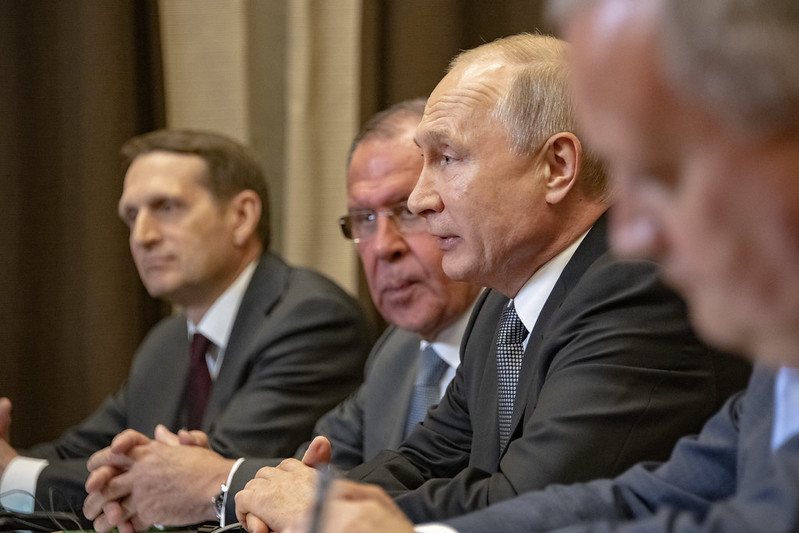Caucasian Knots Take Shape in the Armenia-Azerbaijan Ceasefire
By Robert M. Cutler
May 11, 2021, the CACI Analyst
The implementation of the trilateral agreement brokered by Russia on the night of November 9-10, 2020, between Armenia and Azerbaijan continues in fits and starts. Most near-term questions have been resolved. How intermediate-term issues turn out depend upon the results of the snap parliamentary elections called in June by Armenian Prime Minister Nikol Pashinyan. As for the longer-term outcome, this is more difficult to estimate, and it is path-dependent upon those elections. In this regard, events on the ground—but not only the elections—are still in control, even if these are no longer military events.
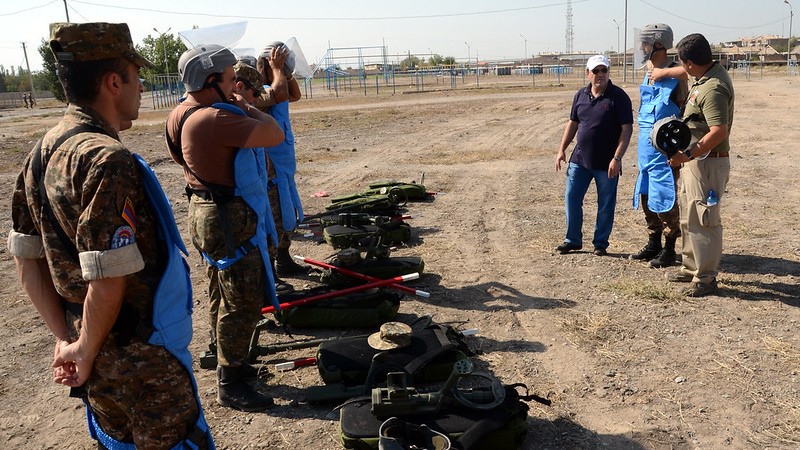
The Second Karabakh War and Caspian Energy
By Fuad Shahbazov
April 19, 2021, the CACI Analyst
On November 10, the second war in Nagorno-Karabakh ended with a Russia-brokered ceasefire agreement signed between Azerbaijan and Armenia. While the 44-day war caused severe damages to frontline settlements and civilian casualties on both sides, frequent missile attacks carried out by Armenia towards Azerbaijani cities and infrastructure beyond the frontline raised concerns not only in Baku but also in the EU regarding the security of vitally important energy infrastructure. The possibility of damages to energy infrastructure, particularly the Baku-Tbilisi-Ceyhan oil pipeline and the Trans-Anatolian Pipeline, would explicitly put the role of these pipelines in European energy security under question.
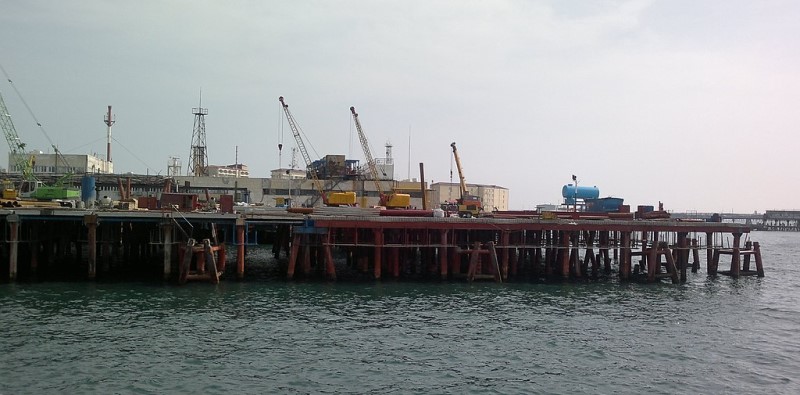
What the Biden Administration Can and Should do in the South Caucasus
By Stephen Blank
February 8, 2021, the CACI Analyst
The advent of the Biden Administration provides an opportunity to give the South Caucasus the importance it deserves in U.S. foreign policy. The recent war over Nagorno-Karabakh has underlined the region’s geostrategic importance, whereas the institutionalization of a Russo-Turkish rivalry/condominium raises the real possibility that another clash could trigger a confrontation between these two powers, one of whom is a NATO ally, as well as their proxies. Simultaneously, Georgia suffers from a drawn-out political conflict among the leading political parties. In this context, the new Administration and its allies in Europe should act to improve the West’s position in the South Caucasus.
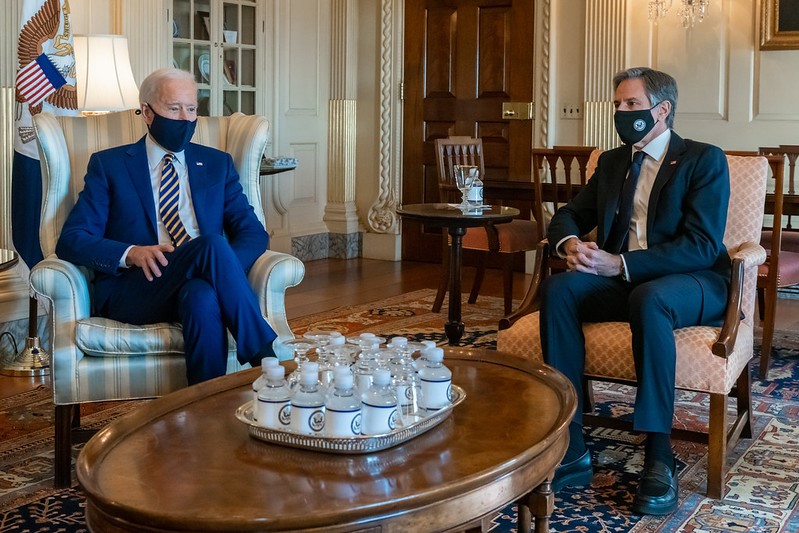
Looking Beyond Armenia's Defeat in Nagorno-Karabakh
By Robert M. Cutler
December 7, 2020, the CACI Analyst
After over 25 years of diplomatic stalemate, notwithstanding the efforts of the Organization for Security and Cooperation in Europe (OSCE), and declarations on all sides that “there is no military solution” to the Karabakh conflict, Azerbaijan has successfully implemented a military solution and taken territorial control of almost all of its lands occupied by Armenian forces in the early 1990s. The event not only inaugurates a new era of international security in the South Caucasus. It actually opens the door to improved relations between the two countries, if realistic approaches based on their inevitable cohabitation of the neighborhood can be found.
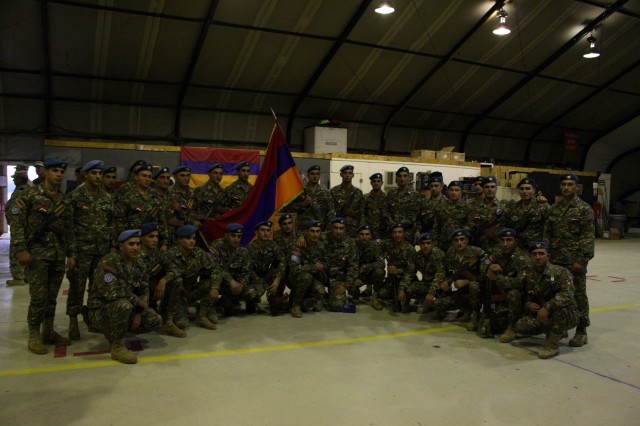
War in Nagorno-Karabakh Requires a Russian Balancing Act
By Nurlan Aliyev
November 10, 2020, the CACI Analyst
From early November, Russia’s President Vladimir Putin conducted telephone conversations with the leaders of Armenia and Azerbaijan, thoroughly discussing the settlement of the Nagorno-Karabakh conflict and reaching a truce on November 9. Both countries have criticized Moscow’s position on the current war. Russia has been a security guarantor for Armenia since the 1990s and has more recently become a strategic partner of Azerbaijan. Moscow’s position has raised the question of whether Russia struggles to balance its relations with a strategic ally and a strategic partner, or if the Kremlin’s reluctance to become involved signals a change in policy regarding the former Soviet republics.
